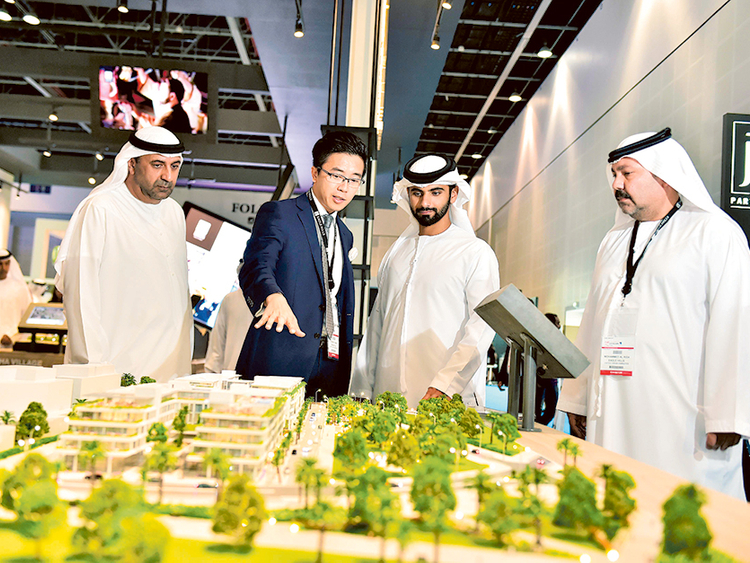
DUBAI: “But where’s my property?”
The many who bought into the great off-plan launches Dubai realty saw from 2012 are starting to ask this question of their developers … and probably not getting much by way of a reply.
For them, the long wait continues for their properties to be delivered.
It is widely estimated that only 60 per cent or so of these launches have gone through the handover process.
And it’s starting to tell on the annual supply of newly completed homes in Dubai. This year, the market would be lucky to see another 8,000 odd units get delivered.
In the first seven months only 18 per cent (4,769 units) of the estimated 27,000 units have been handed over, according to data from Reidin-GCP.
Clearly, Dubai’s developers — especially in the private sector — are in no rush to see off their existing projects.
Delays, obligations unmet
Worse, they could be slipping back into the habit of project delays and giving not much of a heed to meeting their obligations to buyers.
For the greater good of the marketplace, this tactic is not much of a help.
“Supply numbers have consistently come in below projections over the last three years — and this year are expected to be the lowest in four years,” said Sameer Lakhani, Managing Director at Global Capital Partners.
“It appears that H2-16 will have the same to slightly lower deliveries as during H1 (4,700 units plus).
“In contrast, 2014 saw roughly 18,000 delivered and, in 2015, it was slightly over 11,000 units.”
But, according to developers, controlling supply is the only way they can respond to the tightness that took hold of the property market since mid-2014. Their contention is that limiting supply will ensure property values will not soften too quickly. Also, with their cash positions under stress, there will be a natural impact on project schedules.
Again, this is not indicative of the whole market, as the consultancy Core Savills notes in its latest update on the Dubai situation. “… a few top developers delivering key flagship projects have stayed relatively on track to their delivery timelines,” it states.
Also, developer concerns over excess supply destroying values do not seem to hold water. The market has seen a softening in values and not a crash as was the case in 2009-10. All of the established locations — Palm, Dubai Marina and Downtown — can take these corrections in their stride. And existing investors there have not hit the panic buttons.
Not just that, developers — government-owned and private — are still launching. It’s been just days since Nakheel announced the Palm 360 hotel and residences, and where the apartments — including 12,000 square feet penthouses — will carry a super-premium tag.
And then there is the construction giant Shapoorji Pallonji, which is marking its entry into real estate development with an upscale residential offering at the Downtown. If these players were so concerned about market response, they wouldn’t be launching now.
And how long will buyers in the older off-plan projects be willing to listen to the reasoning about prevailing market softness and developer cash flows?
Whatever be the state of the market, these investors will still need to make the payment obligations to the developer/mortgage lender.
And when delays creep in, it means their chances of recouping those investments get put back by so many years.
At some point, these investors could lose patience and put up complaints/file cases with the relevant authorities. And unlike in 2008-12, buyers have laws that do take care of their interests.
Penalties for delay
“The introduction of delay penalties, a practice prevalent in many international markets, may provide some relief to buyers — albeit, further impacting developer margins and their ability to align stock with demand,” states the Core Savills report.
For private developers, the situation is thus loaded with consequences. They could also find that the next wave of buyers would give their attention — and funds — to government-owned developers and their launches or ongoing projects.
Such a consolidation of buyer interest on a handful of big developers can cause havoc in private developer ranks.
They will only have themselves to blame if they insist on stretching the handful of projects way beyond four to five years.
The next time Dubai’s property market heads for an upturn, they could be the ones left well and truly behind.













